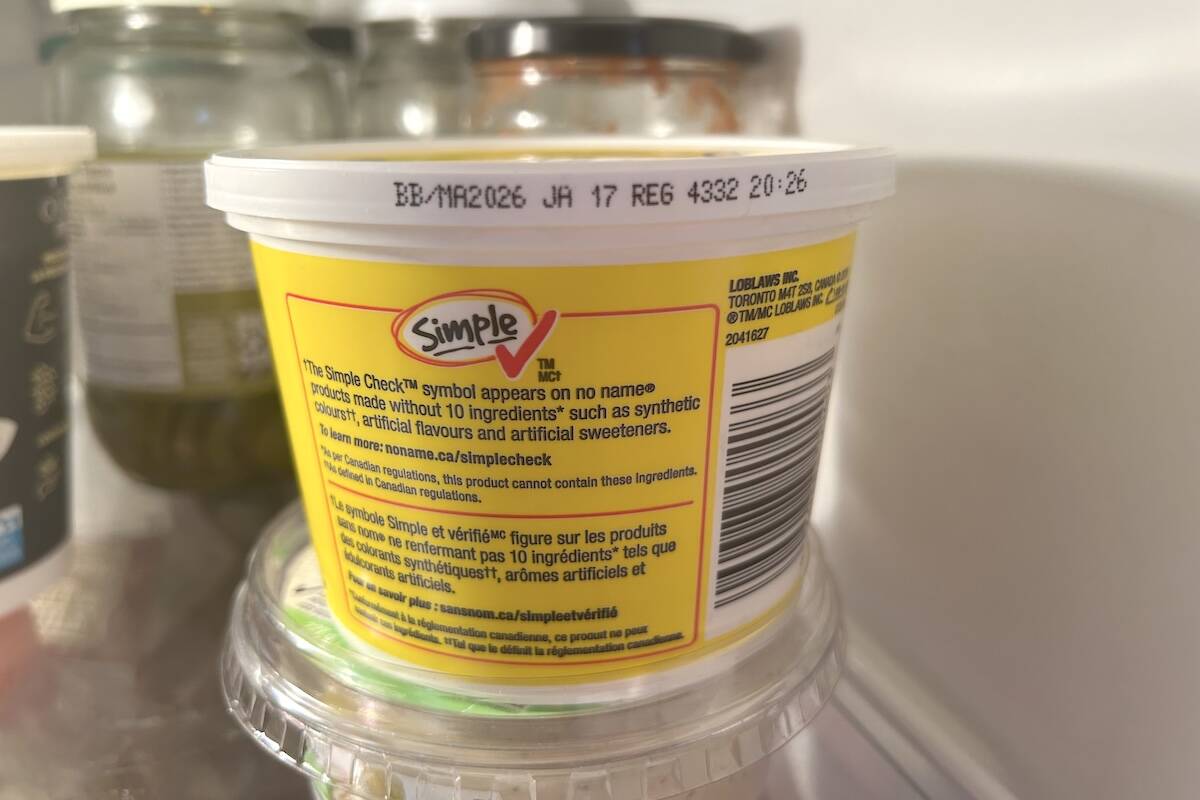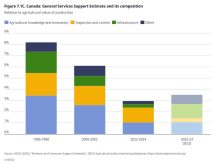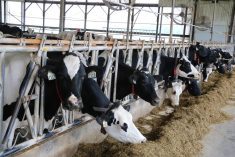Supply management is a controversial policy and was since implemented for Canadian production of milk, eggs, chicken and turkey in the 1970s.
How people feel about it is shaped by their ‘big-picture world views,’ including wealth redistribution, inequality, free trade and political party support, said University of Manitoba agricultural economist Ryan Cardwell while delivering the 12th annual Kraft Lecture.
These are familiar ways to evaluate policies, and they’re particularly pronounced when the policy is complex and opaque.
“This (supply management) is very different from a direct payment to farmers,” Cardwell said. It’s hard to understand.”
Read Also

Best before doesn’t mean bad after
Best before dates are not expiry dates, and the confusion often leads to plenty of food waste.
Cardwell’s conclusion is based on research he and University of Manitoba agricultural economist Chad Lawley are doing. It was spurred by some of the “blowback” he, Lawley and Di Xiang, also a University of Manitoba agricultural economist, received after publishing their 2015 paper, ‘Milked and Feathered: The Regressive Welfare Effects of Canada’s Supply Management Regime’ which concluded supply management is a regressive tax that hurts poorer people relatively more than wealthy ones.
“As a student, my supervisor prepared me very well, and he would often repeat this quote: ‘never underestimate vested interests,’” Cardwell said.
Cardwell said he expected the paper would draw criticism, especially from agricultural economists funded by supply-managed farmer groups.
“They (critics) didn’t really contribute to the academic debate or the methodological issues that we were dealing with in the paper,” he said. “Really, they were just attempts to muddy the water about our results.”
Earlier in the lecture Cardwell said some funded university chairs “are sort of operating behind a veil of academic objectivity, and on the other hand advocating for the commercial interests of the lobby groups that pay their salaries, sometimes even without acknowledging their source of funding and acknowledging these potential serious conflicts of interest.”
While Cardwell expected criticism from them, he and his colleagues “were a little disappointed with the blowback” from other groups, including members of the university’s agriculture department and the dean’s office. Their criticisms weren’t on research methodology “but more ideological.”
Cardwell said he and Lawley’s observation that people have very “evangelical opinions” on specific policies led them to research the phenomenon.
They’ve discovered support for supply management varies with people’s voting intentions. A survey showed 50 per cent of people voting for the Conservative Party of Canada support supply management, while 50 per cent don’t.
In contrast, more than 90 per cent of New Democratic Party (NDP) voters support supply management.
When respondents were told how supply management hurts poor people, support for the policy fell only slightly, even though the NDP is known for supporting “progressive social policies,” Cardwell said.
“So these opinions, and these levels of support for these specific policies are strongly held and not very responsive (even after people get more information),” he said.
“What we’re arguing is that, that support for very specific policies is really baked in.”


















